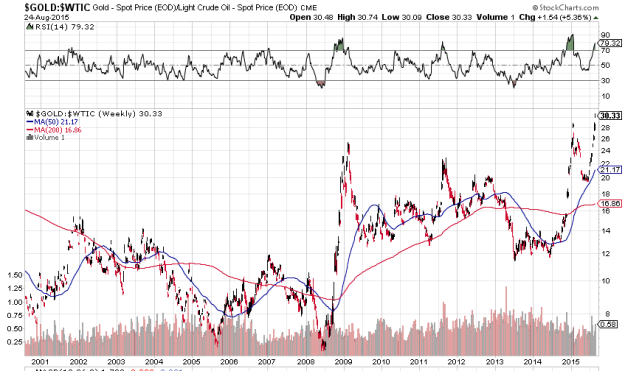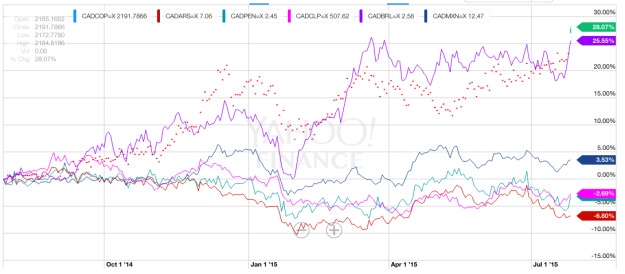Marcelo Odebrecht, head of Brazil’s biggest engineering and construction company, is in jail in Brazil on allegations of kickbacks in the procurement of oil industry materials to Petrobras. Without prejudging his guilt or innocence, I think it’s fair to say he isn’t doing himself any favours with e-mails like this:
Brazilian police said on Wednesday they intercepted a note from the jailed chief executive of Odebrecht SA to his lawyers asking to “destroy email,” after he became the highest-profile executive arrested in Brazil’s largest ever corruption investigation.
The handwritten note, reproduced by Federal Police and posted in court documents online, says “destroy email drilling rigs.”
Marcelo Odebrecht, head of Brazil’s largest engineering and construction conglomerate, was arrested Friday in a sweeping investigation into a kickback scheme at the state-run oil company Petrobras. [ID:nL1N0Z50JB]
Dora Cavalcanti, a lawyer for Odebrecht, called the publication of the note “an act of extreme bad faith by the police,” and said there was nothing criminal about its contents or Odebrecht’s intent.
“That phrase ‘destroy email’ meant ‘explain’ or ‘refute’ the allegations about the email,” Cavalcanti told Reuters, adding that it was one of seven points in Odebrecht’s notes for his plea for habeas corpus, or release from unlawful imprisonment.
Yes, clearly, he was only saying that the e-mail needed to be destroyed metaphorically. I’m all for metaphoric destruction. When you growl “I will destroy you” of course you don’t mean that you will put someone in a meat grinder. Rather, you mean you will harm the person’s reputation. Something Mr. Odebrecht is learning all about, now that I think of it.
Joking aside, the question is, does Odebrecht have operations in other oil-producing countries? With an ostensibly weak compliance regime in Brazil, might there be something to investigate in other countries? Happily, the answer is no. Because Odebrecht operates only in strictly controlled, low-corruption jurisdictions:
Odebrecht Oil & Gas offers integrated solutions for the upstream oil and gas industry in Brazil, and selectively, in Angola, Venezuela, Argentina and Mexico, both during the investment as well as the operations phase.
Oh good, nothing to worry about.
Update a few minutes later: I see the NY Times does Angola today:
Corruption Is Killing Children in Angola
This is a video report that I’ll never be able to do again. It’s about Angola, an oil-rich and fabulously corrupt country that also happens to be thedeadliest place in the world to be a child.
Angola, naturally, doesn’t welcome journalists. It took me about five years to get a journalist visa to get into Angola, and after my reporting I doubt I’ll get another visa as long as the current regime remains in power. So at The Times, we poured a lot of time and effort into the story of what corruption does to a country.
For me, the most compelling moments are those of rural Angola, the villages where people live without any access to doctors or dentists. We simply drove down a highway for hours, and then twice took small dirt roads quite randomly to see where they would lead, and then stopped in villages and chatted with people. It’s pretty heartbreaking to see kids suffering untreated from disease and unable to attend school, or to meet a mom who has lost 10 children — and it’s not just sad, but infuriating when you see it in a country that is rich with oil and diamonds. Then you remember that the Angolan president’s daughter is a billionaire, that Western governments are buddying up to the president — and, well, you feel you owe it to the villagers you met to tell their story in their own words. So we shot some videos to run with my columns. May this add pressure on the government to spend its oil wealth not just on Porsches and Champagne for the leaders, but also on health and education for ordinary Angolans.









